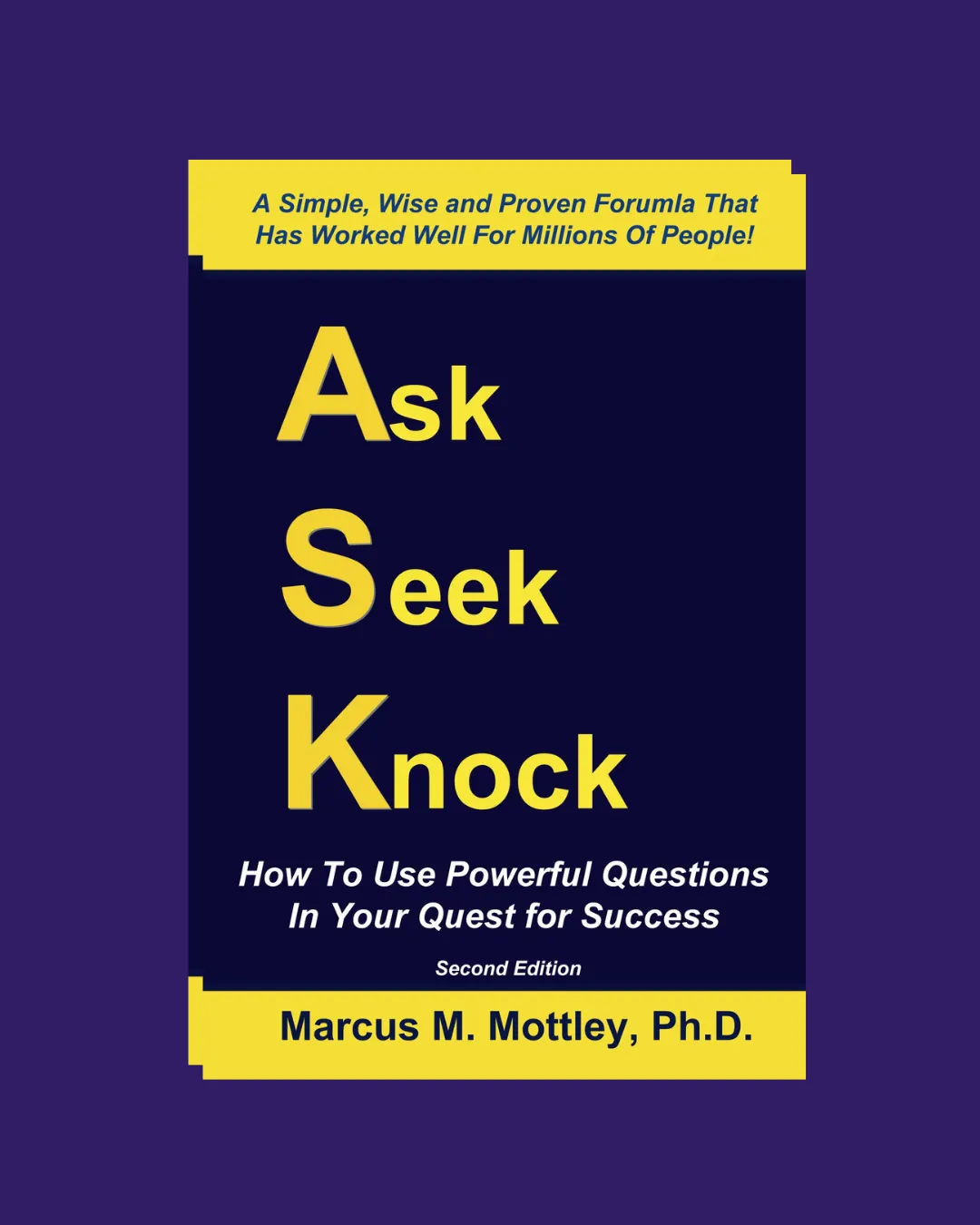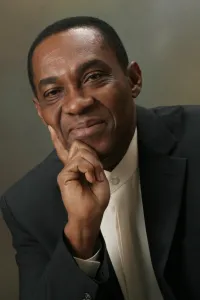The Me Mastery Blog
Take Actions That Change Your Life For The Better!

Ask, Seek or Knock?
Of the Three Things:Ask, Seek, Knock: Which is more important?
In 867 CE, a fierce young warrior named Harald Fairhair set his sights on unifying Norway. Many Norse chieftains had tried to gain influence by asking for alliances or seeking favor through trade and blood ties. They failed. The coastal kingdoms were fractured, prideful, and fiercely independent.
Harald chose a different path—he knocked. Not with violence first, but with presence. He showed up. He sailed to rival courts uninvited. He demanded parley face-to-face. He made his claim, waited for rejection, then returned with strength—political or military. Again and again, Harald advanced not just by petitioning or chasing dreams—but by knocking, relentlessly and visibly, until the doors opened or splintered.
His most famous “knock” was at the court of Gyda Eiriksdottir, a noblewoman who refused his marriage proposal, saying she would only marry the man who united all of Norway. Harald vowed not to cut his hair until he did. Ten years later, crowned king of a unified Norway, he returned—with long locks and an empire.
Asking starts things. Seeking plans things. But knocking—showing up, risking rejection, demanding entry—that’s what makes history.
When you knock with purpose, the world can’t help but answer and give you what you ask for and seek!
Want to learn how to use Ask, Seek, Knock in your own life? Get my book on Amazon.
(Source: Snorri Sturluson, Heimskringla: History of the Kings of Norway)
© 2025 All Rights Reserved - Dr. Marcus Mottley

